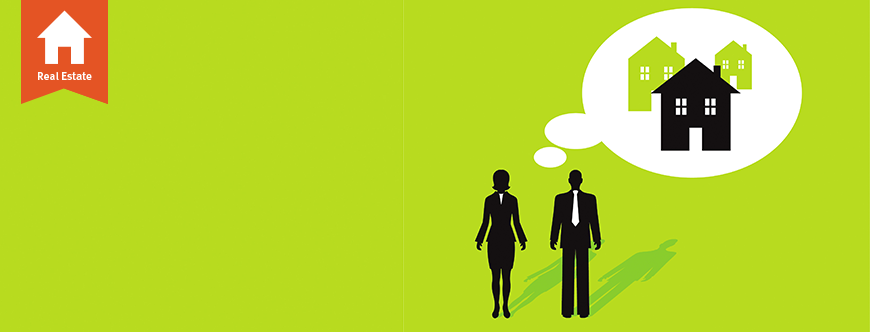
Introduction to Wholesaling Houses
Real estate wholesaling is a widely-used method to break into real estate without the need to invest large amounts of capital . This method entails locating undervalued properties and signing a purchase agreement, then selling that contract to another buyer for a profit . It’s a way to generate income with limited financial risk while learning the ins and outs of real estate transactions.
The Wholesaling Process
In simple terms, wholesaling houses can be broken down into three key phases : locating a distressed property, negotiating a purchase agreement, and selling the contract to an end buyer . Here’s a closer look at each step :
1. Finding a Property
To start wholesaling, you need to identify a suitable property , typically wholesale a house a property that is underpriced or needs significant repairs . Savvy investors employ different strategies to locate these deals , such as marketing to distressed property owners, looking for foreclosures, and working with local real estate agents.
Locking in the Deal
Once a distressed property is located, the next step is to lock it in with a purchase agreement . This requires convincing the seller to accept your offer price , ensuring the price allows for a profitable resale . Make sure your contract includes an assignment clause , giving you the right to sell the contract to another party .
Selling the Deal to Another Investor
The last stage of wholesaling is flipping the contract to an end buyer, usually another investor who wants to rehab or rent the property . You’ll charge an assignment fee , which is the markup you add to the contract price . After the buyer accepts and completes the purchase , you get paid , and the transaction is done .
Why Wholesaling is a Good Strategy
Real estate wholesaling provides numerous perks for those new to real estate investing:
1. Low Capital Requirement
Unlike buying rental properties or flipping houses, wholesaling doesn’t require a large upfront investment .
2. Quick Turnaround Time
Wholesaling deals can close in a matter of weeks, not months .
3. Learning Experience
You’ll gain valuable experience in negotiations, contracts, and market dynamics.
Growing Professional Relationships
Networking through wholesaling can lead to other investment opportunities.
Challenges of Wholesaling Houses
Despite its advantages, it also has potential downsides:
Locating High-Margin Deals
Identifying truly profitable deals requires diligent research and market knowledge .
2. Legal and Ethical Considerations
It’s important to understand the legal implications of your contracts and transactions .
3. Reliance on Buyers
Your success in wholesaling depends on your ability to quickly find an end buyer .
Tips for Success in Wholesaling Houses
To succeed in wholesaling houses , consider these tips :
Develop a Robust Network
The larger your buyer network, the faster you can turn over deals.
Educate Yourself Continuously
Keep up with industry news and best practices.
3. Be Persistent
Not every deal will work out, but sticking with it pays off .
Wrapping Up: Wholesaling as a Real Estate Strategy
Wholesaling houses offers a viable path into real estate investing . Given its minimal upfront costs and fast profits , it’s no wonder new investors are drawn to wholesaling . Yet, one must be mindful of how to become a real estate wholesaler the risks and legal considerations. With diligence and careful planning, wholesaling can be a profitable and rewarding real estate strategy .